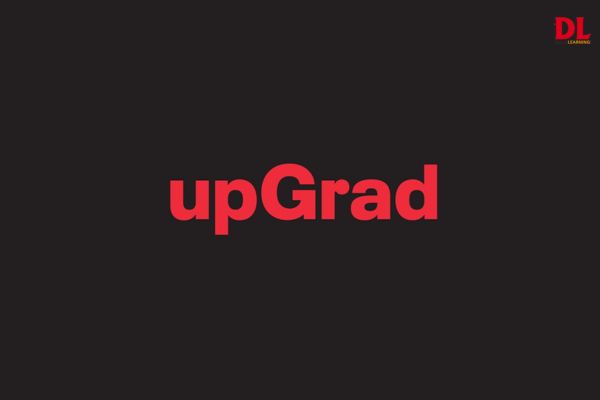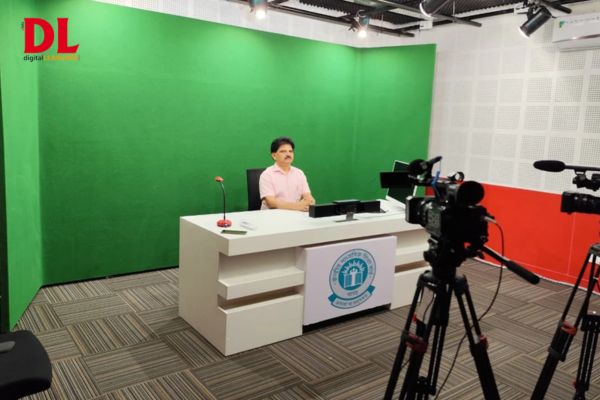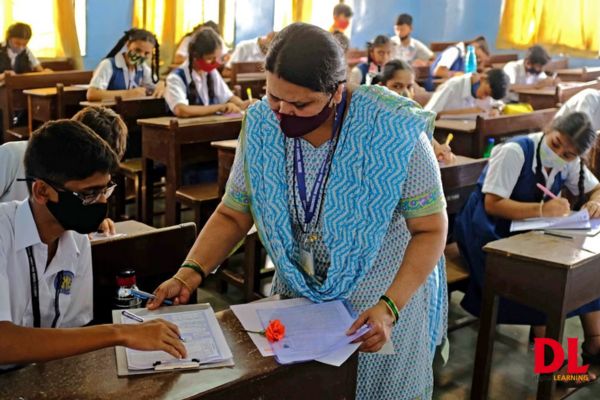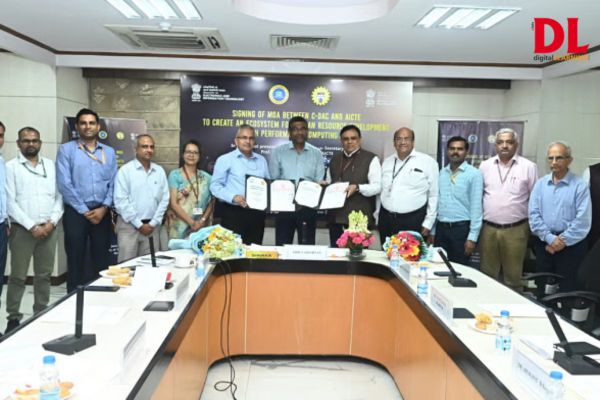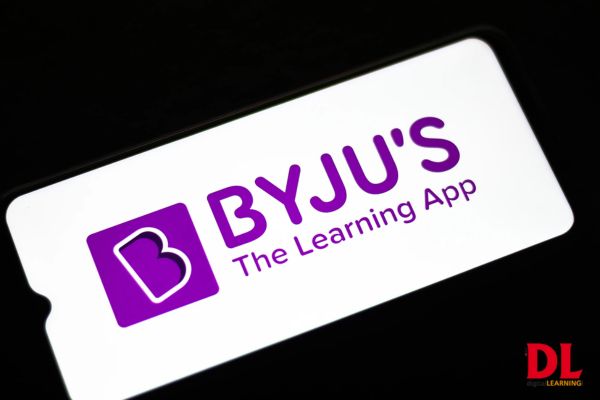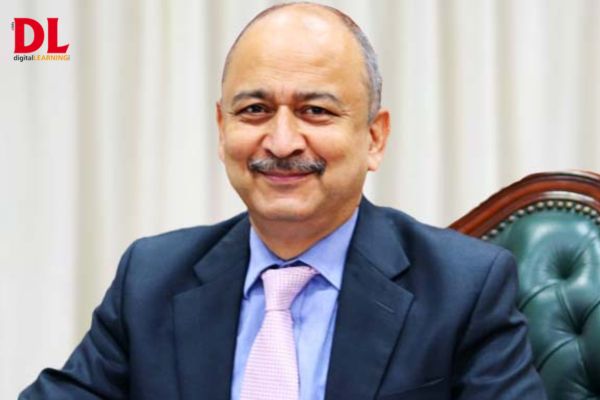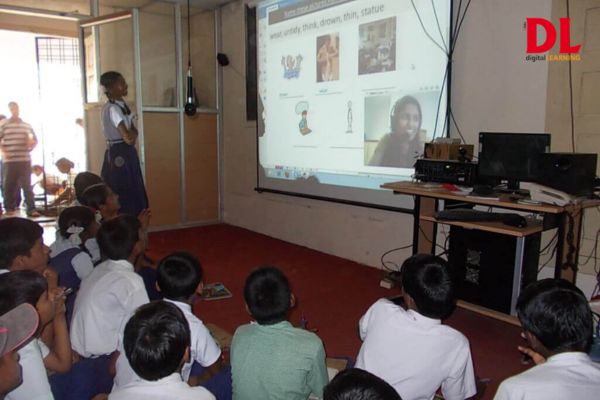India’s largest EdTech unicorn, upGrad, has secured $34 million in debt funding from EvolutionX, a prominent investment firm known for supporting growth-stage businesses across Asia. This strategic move aims to expand upGrad’s offerings and strengthen its position in the competitive EdTech sector.
Founded in 2015 by Ronnie Screwvala, Mayank Kumar, and Phalgun Kompalli, upGrad has emerged as a leading online education provider. It offers higher education and upskilling programs tailored for working professionals and students seeking to advance their careers. The recent $34 million infusion from EvolutionX is expected to accelerate upGrad’s growth strategy, enabling the company to scale operations, develop new products, and explore new markets.
Opting for debt funding instead of equity funding indicates upGrad’s intention to retain operational control and avoid ownership dilution. This approach is feasible for firms with a clear earnings trajectory and a robust revenue model—qualities upGrad has consistently demonstrated.
EvolutionX, with deep roots in major financial institutions and a history of investing in high-growth technology companies across Asia, has shown confidence in EdTech and India’s demand for accessible, quality education and professional development. Their investment portfolio is diverse, and their decision to back upGrad validates the company’s business model and prospects.
The Indian EdTech market has grown rapidly, especially during the pandemic, which shifted educational institutions and learners to online platforms. upGrad has capitalised on this trend by partnering with leading universities worldwide to offer a wide range of courses in fields like data science, technology, management, and law, meeting the diverse needs of the contemporary workforce.
In a competitive landscape featuring players like Byju’s, Unacademy, and Vedantu, upGrad has distinguished itself through quality content, strong industry partnerships, and a robust learning platform. The significant funding from EvolutionX underscores investors’ confidence in upGrad’s growth potential and the sustainability of its business model.
The funds will enhance tech infrastructure, expand course offerings, and optimise customer acquisition strategies. Additionally, upGrad aims to deepen its engagement with its existing student base by providing better support services and personalised learning experiences.
UpGrad is also considering expanding into international markets. The funds from EvolutionX could facilitate strategic acquisitions and partnerships outside India, aligning with upGrad’s vision of becoming a global leader in EdTech.
Also read: upGrad Collaborates with PwC India to launch Financial Modelling and Analysis course
This $34 million debt funding comes at a crucial time for upGrad as it aims to scale in a post-pandemic world of education. With a focus on expanding operations and strengthening its pedagogical framework, upGrad is well-positioned to leverage this investment for long-term growth, making a lasting impact on the global EdTech industry.
The partnership with EvolutionX offers financial support and strategic insights to propel upGrad to new heights in its global mission to democratise education and professional development.









